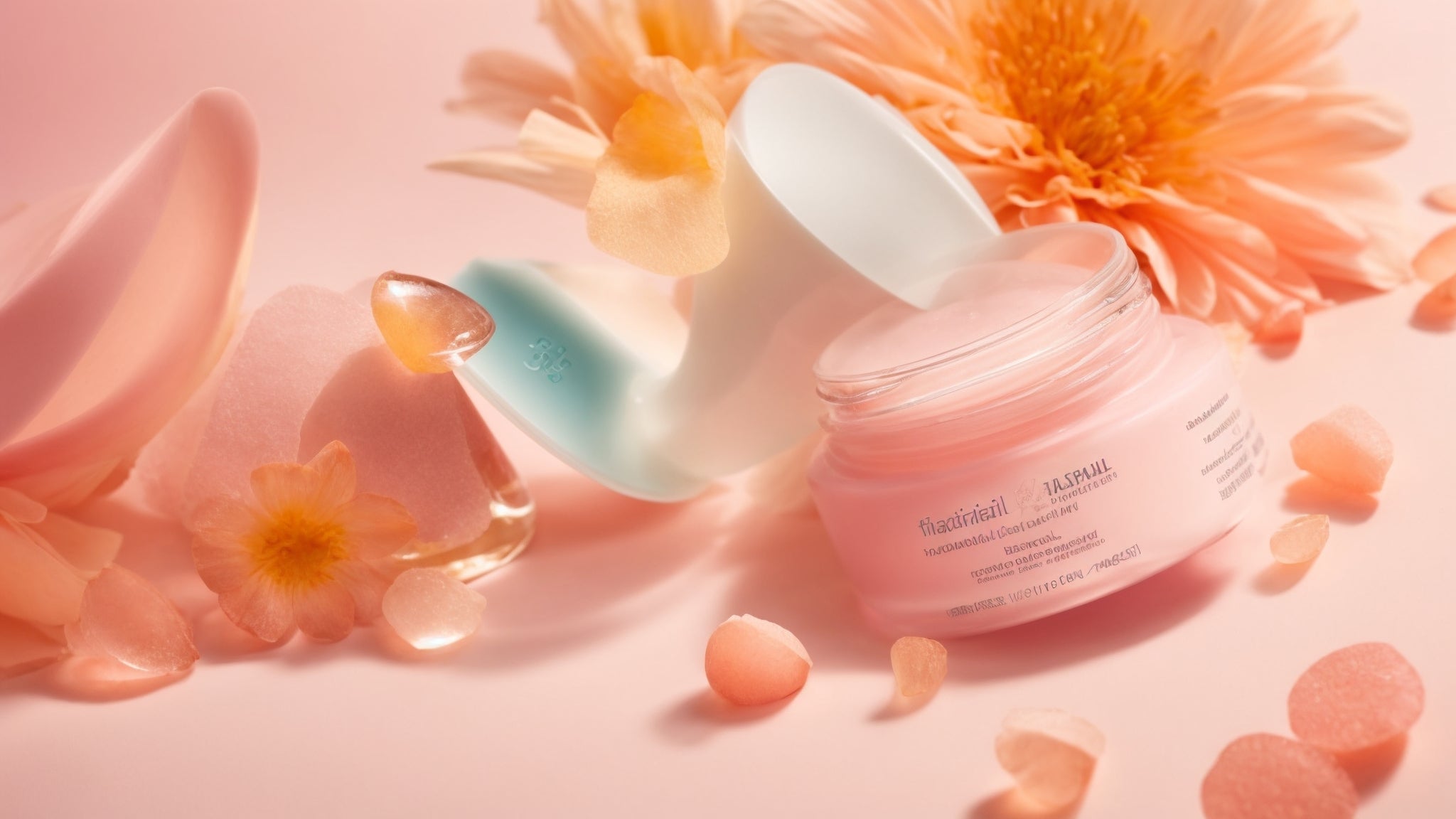Introduction
Facial hair has long been a symbol of masculinity and style, with many men aspiring to grow a full, thick beard. In recent years, the market has been flooded with various beard grooming products, including beard growth oils, that claim to enhance beard growth and promote a luscious mane. But amidst the marketing buzz, the question remains: Does beard growth oil really work? Let's delve deeper into the world of beard care and explore the science behind these products.
The Biology of Beard Growth
Before we can assess the efficacy of beard growth oil, it's essential to understand the biological processes that govern facial hair growth. The growth of facial hair is primarily controlled by hormones, particularly testosterone. Testosterone is responsible for the development of secondary sexual characteristics in men, including the growth of facial hair.
When testosterone is converted into dihydrotestosterone (DHT) by the enzyme 5-alpha reductase, it binds to androgen receptors in the hair follicles, stimulating the growth of thicker and darker hair. Genetics also play a vital role in determining the growth pattern, density, and texture of one's beard.
Exploring Beard Growth Oil Ingredients
Beard growth oils typically contain a blend of natural oils and essential nutrients that are believed to nourish the skin, hydrate the hair follicles, and promote healthier beard growth. Common ingredients found in beard growth oils include:
- Jojoba Oil: Known for its moisturizing properties and resemblance to the skin's natural oils.
- Argan Oil: Rich in vitamin E and antioxidants, argan oil helps hydrate and soften the beard.
- Coconut Oil: Provides deep conditioning and promotes hair health.
- Essential Oils: Peppermint, eucalyptus, and other essential oils offer fragrance and potential skin benefits.
The Efficacy of Beard Growth Oil
While beard growth oils are marketed as a solution to achieve a fuller and thicker beard, scientific evidence supporting their effectiveness is limited. The nourishing properties of these oils can help improve the overall health of the beard and skin, but their direct impact on stimulating hair growth is still debated.
Some studies suggest that certain ingredients like biotin, known for its role in promoting hair growth, may have a positive effect when applied topically. However, the results vary among individuals, and factors such as genetics, diet, and overall health can significantly influence the outcomes.
Incorporating Beard Growth Oil into Your Routine
To make the most of beard growth oil, consider incorporating it into your daily grooming routine. After washing your face and beard, apply a few drops of the oil to your palms, rub them together, and massage the oil into your beard and skin. This helps distribute the oil evenly and ensures that it reaches the hair follicles.
Consistency is key when using beard growth oil. Regular application and massage can enhance blood circulation to the hair follicles, potentially supporting healthy growth over time. Additionally, maintaining a balanced diet, staying hydrated, and avoiding stress can contribute to overall beard health.
Conclusion
While beard growth oil may not be a magical solution for instant beard growth, it can be a valuable tool in your grooming arsenal. By nourishing the beard, moisturizing the skin, and creating a conducive environment for healthy growth, beard growth oil can complement your efforts to achieve a well-groomed and vibrant beard. Remember that patience, consistency, and a holistic approach to beard care are essential for optimal results.




Leave a comment
All comments are moderated before being published.
This site is protected by hCaptcha and the hCaptcha Privacy Policy and Terms of Service apply.